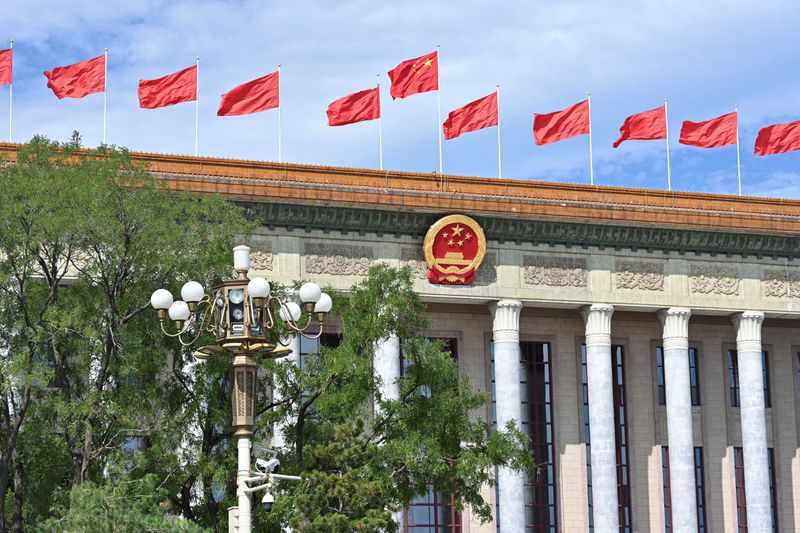By Michael Martina
WASHINGTON (Reuters) -Georgia Tech is ending its research and educational partnerships in the Chinese cities of Tianjin and Shenzhen, the U.S. university said on Friday, following scrutiny from Congress over its collaboration with entities allegedly linked to China's military.
In May, the House of Representatives' select committee on China wrote a letter to Georgia Tech asking for details on its research with China's northeastern Tianjin University on cutting-edge semiconductor technologies.
The Chinese school and its affiliates were added in 2020 to the U.S. Commerce Department's export restrictions list for actions contrary to U.S. national security, including trade secret theft and research collaboration to advance China's military.
Spokesperson Abbigail Tumpey told Reuters in an email that Georgia Tech has been assessing its posture in China since Tianjin University was added to the entity list.
"Tianjin University has had ample time to correct the situation. To date, Tianjin University remains on the Entity List, making Georgia Tech's participation with Tianjin University, and subsequently Georgia Tech Shenzhen Institute (GTSI), no longer tenable," Tumpey said.
Georgia Tech, a top tier U.S. engineering school and major recipient of Defense Department funding, said in an accompanying statement it would discontinue its participation in the Shenzhen institute, but that the approximately 300 students currently in programs there would have the opportunity to fulfill their degree requirements.
Liu Pengyu, spokesperson for China's embassy in Washington, said that characterizing normal academic exchanges as a national security threat amounted to an "unwarranted smear campaign."
"We oppose the U.S. generalizing the concept of national security, politicizing and instrumentalizing educational cooperation and academic exchanges, and blocking normal scientific research exchanges and cooperation," the embassy spokesperson said in a statement.
In January, Georgia Tech touted that its researchers based in Atlanta and at the Tianjin International Center for Nanoparticles and Nanosystems had created the world's first functional semiconductor made from the nanomaterial graphene. It said this could lead to a "paradigm shift" in electronics and yield faster computing.
The U.S. and China, intense geopolitical and scientific rivals, both view semiconductors as a strategic industry with civilian and military uses, including quantum computing and advanced weapons systems.
In its May letter, the select committee noted the Tianjin research center is affiliated with a Chinese company with subsidiaries that supply China's People's Liberation Army (PLA).
A Georgia Tech scientist who led the Tianjin project has defended the research, saying all the results were available to the public and that the collaboration had passed extensive legal reviews.
"It shouldn't have taken a congressional investigation to spur Georgia Tech to end its partnership with a blacklisted Chinese entity," said U.S. Representative Virginia Foxx, Republican chairwoman of the House Committee on Education and the Workforce, who had joined the select committee on its letter.
"Nonetheless, we're glad that Georgia Tech has made the right call and we hope other universities follow its lead," Foxx said in an email.

U.S. agencies and Congress have stepped up scrutiny of China's state-sponsored influence and technology transfers at American colleges and universities, concerned that Beijing uses open and federally funded research environments in the U.S. to circumvent export controls and other national security laws.
The U.S. Justice Department under President Joe Biden's administration ended a program from former President Donald Trump's administration called the China Initiative intended to combat Chinese espionage and intellectual property theft. Critics had said that program spurred racial profiling against Asian Americans and chilled scientific research.